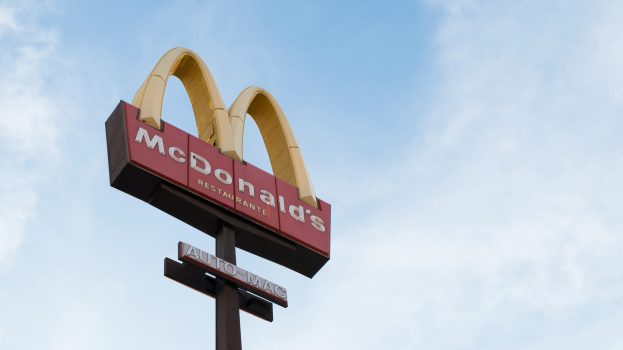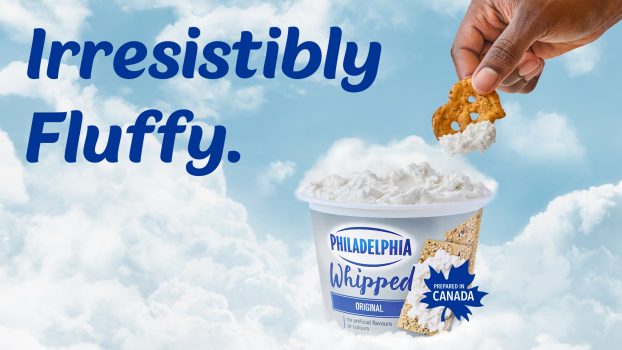 By Will Novosedlik
By Will Novosedlik
There’s no better time to be in the alcohol-alternatives industry.
“Dry January,” the month-long pause from alcohol that has a cult-like following is in full swing; more and more people are trending towards cutting back on the hooch or nixing it altogether; and The Canadian Centre on Substance Use and Addiction (CCSA) released a report just last week confirming that no amount of alcohol is safe and that consuming more than two drinks a week is risky.
It’s a fitting time to follow-up on Proxies, a line of zero-proof wines inspired by the flavour components that make them the perfect pairings for meals.
Last year, strategy had initially checked up on Acid League, a company that produces a line of “living vinegars,” and has enjoyed great success since it was picked up by Whole Foods in 2020. It can now be found in over 4,000 retailers across North America, including Loblaws and Metro in Canada, Whole Foods, Publix and Safeway in the U.S., as well as several independent high-end natural food stores.
At the time, the Proxies line was also being developed by the product team at Acid League.
While not yet available at any major retailers, the product’s direct-to-customer sales have made it such a great success that it has been spun off from Acid League as a separate business. Charlie Friedmann, a former corporate lawyer turned food, drinks and travel writer, took on the role of president in October of last year, after the two brands split. “It was just getting too difficult to talk about such different products under the same brand,” explains Friedmann.
When it comes to Proxies, the first thing you might assume is that it is non-alcoholic wine. You’d be correct in that it comes in what looks like wine bottles and it’s built around wine grapes, but unlike wine, it is blended with other fruits, small doses of infused vinegars for acidity, and spices, roots and herbs for the aromatics.
According to Friedmann, “You’d have a pretty mediocre wine if you just de-alcoholized it. You would have stripped out a lot of what makes the wine special and you’d be left with a sort of niche-y drink that doesn’t taste anything like wine, or more importantly to us, doesn’t fit the wine occasion.”
Proxies, on the other hand, isn’t trying to imitate wine, but is designed for the same kinds of occasions and food pairings you would traditionally associate with wine.
When asked who it’s for, it’s target demo isn’t just the sober drinker. The sweet spot is people who want to cut back on alcohol consumption, but not on the experience of enjoying a glass of wine or of pairing it with food. “It’s people who do drink that bottle of Sauvignon Blanc or Cabernet Sauvignon on the weekend,” Friedmann explains, “but on Tuesday nights, still want to have the experience of pouring something into a nice glass and swirling it, taking your mind away from the rest of your day and enhancing your meal.”
One of the key challenges with this product is education – for both the brand and its potential customers. “We’ve learned that we need to educate more in the first instance, we need to tell you what Proxies is and why it’s different. We need to tell you what occasion this specific bottle serves, suggest some of the ways you might drink it and the things you might pair it with, and what flavours are in the bottle,” says Friedmann.
The rapid pace of product development has resulted in over 60 different varieties in the last two years, and being primarily a subscription-based DTC business has allowed the brand to learn a great deal from customer feedback.
Other learning has come through the support and commentary from top chefs and sommeliers at some of the world’s best restaurants. For instance, Dominique Crenn, chef and owner of Michelin 3-star restaurant Atelier Crenn in San Francisco, has partnered with Proxies to spread the word that the pair are serious about flavour, without taking themselves too seriously. The influence of culinary stars like Crenn lends immediate credibility to a product that might otherwise be misunderstood and dismissed at first glance.
That learning has demonstrated that in order to scale the business for a retailer like Whole Foods, there needs to be a core line of favourites around which seasonal offerings, limited offerings and newer varieties can be introduced in “tasting sets” for smaller venues. These are promoted mostly on social media and through product samplings. For instance, Proxies is currently working on a by-the-glass program wherein the brand will partner with a restaurant and give everyone who comes through the door a glass to try.
From a pricing perspective, at anywhere from $25 to $30 a bottle, Proxies is positioned as a premium product. Pricing that signals that it’s not “fake wine,” but a specialty all its own.






















